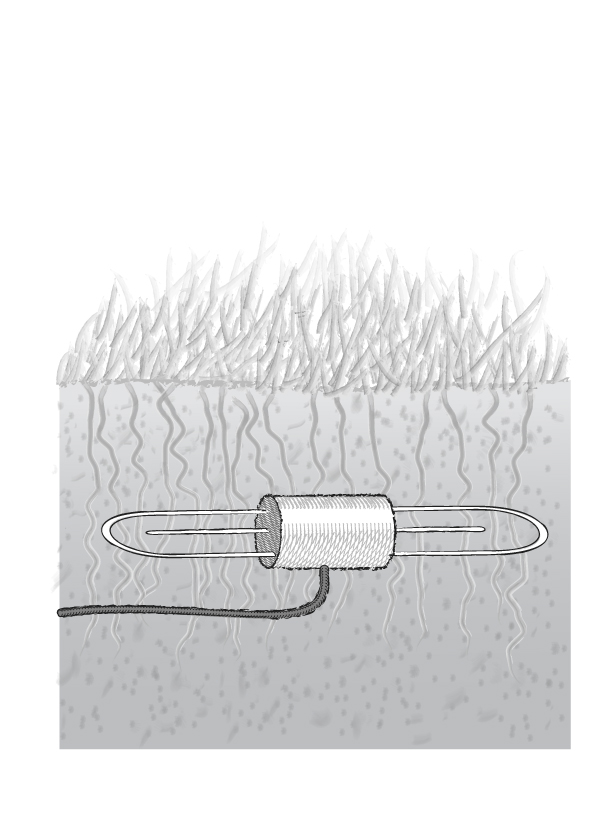 Soil Moisture-based Controllers
Soil Moisture-based Controllers
What are soil moisture-based controllers?
It can sometimes be difficult to determine whether your plants are being watered properly. Thanks to soil moisture-based controllers, you can ensure that they receive just the right amount of water for their conditions. A soil moisture-based controller shuts off an irrigation system when the ground is already wet, preventing over watering. The controller turns the system back on when the soil becomes drier.
How do they work?
These smart controllers use probes to measure moisture at the root zone. The system compares this reading to the recommended moisture level for the plant, soil type and other variables that were programmed when the controller was first installed.
If the amount of moisture in the soil meets or exceeds the target level, the controller turns off the irrigation system. When the sensor detects dry conditions, it allows the system to operate as programmed. Soil moisture-based controllers can be retrofitted on installed irrigation systems. Many manufacturers also make soil moisture sensors that can retrofit to existing systems and interface with the current controller already on-site.
In summary, soil moisture-based controllers adjust watering to your plants’ needs while preventing waste!
SWAT Testing Protocol
SWAT protocols define science-based methods to evaluate whether products meet established standards for water-use efficiency. Version 3.0 of the protocol was approved and adopted in August 2011.
For questions about SWAT or soil moisture-based controllers, contact the Irrigation Association via email or by calling 703.536.7080.